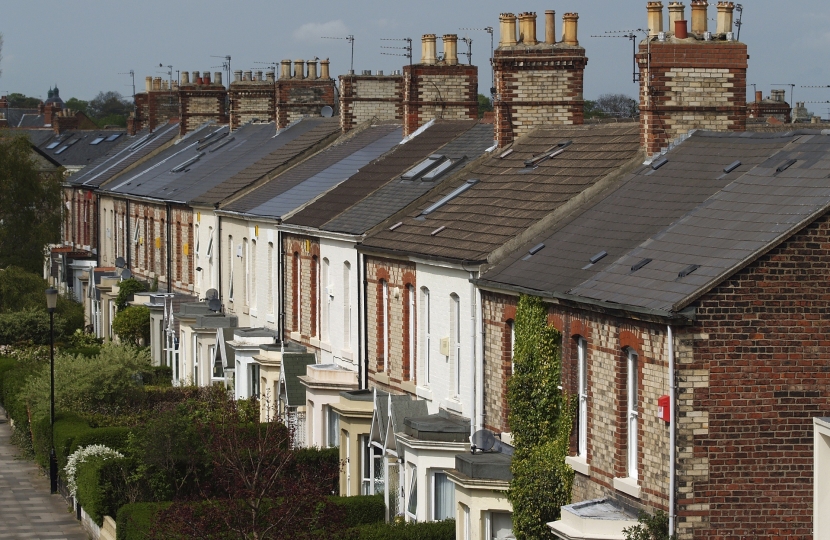
I want to ensure all mortgage prisoners are given a fair deal and treated fairly. A mortgage prisoner is someone who is unable to switch mortgage lender, which often means they are paying higher interest rates and are unable to secure new deals or fixed rates. This is often because, to move to a better deal or provider, a customer has to pass an affordability test which was first introduced after the financial crisis. Many of these customers fail the test which means they have to remain on the same terms they accepted when they first took out their mortgage.
I have recently been appointed a Vice Chair of the newly formed All-Party Parliamentary Group on Mortgage Prisoners which is launching a consultation throughout June to explore issues relating to the ability of customers to switch mortgages, including affordability criteria and associated regulatory charges. Altogether there are about 140,000 people who are currently mortgage prisoners, most of whom are suffering serious financial and psychological impact because of their inability to switch to another lender with more favourable terms. These people have paid out thousands of pounds in extra interest and, as a result, some even face losing their homes which has led to stress, ill-health, depression, and in some cases relationship breakdowns. If they were able to move to another lender they could reduce their mortgage payment significantly and this would make all the difference.
I have a number of constituents in the situation and am trying to resolve their individual cases directly with the banks concerned. I am also championing the cause of many SMEs who have also been mistreated by the banks during and after the financial crisis.
The FCA has published proposals to reform the affordability test, but there is no obligation on banks to apply it to those customers trying to switch lenders. The APPG will be reviewing the FCA proposals to ensure that the test is as wide as possible and communicated clearly which should enable as many mortgage prisoners as possible to switch and to ensure that there are protections in place for those who cannot.

